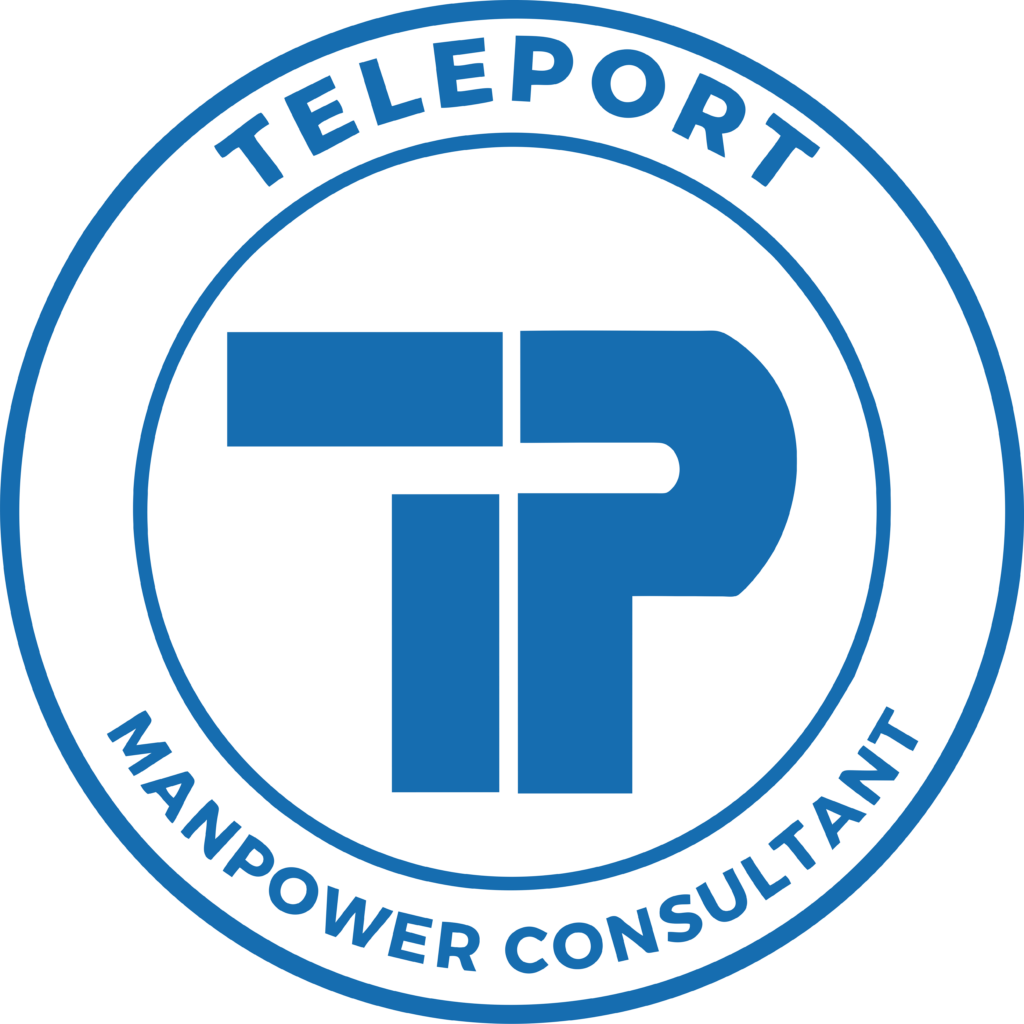In today’s competitive job market, finding the perfect job or hiring the ideal candidate can be a daunting task. This is where recruitment agencies come into play. These professional organizations play a crucial role in connecting job seekers with employers and are often the missing link that ensures a perfect match. In this article, we’ll delve into the world of recruitment agencies, discussing their significance and providing real-life examples and practical tips for navigating the world of recruitment.
Table of Contents
Understanding the Significance of Recruitment Agencies
Recruitment Agencies Defined
Recruitment agencies, often known as employment agencies, staffing firms, or job placement services, are organizations that specialize in matching job seekers with potential employers. They serve as intermediaries, streamlining the job search and hiring process. But why are they so significant?
Expertise in Talent Acquisition
Recruitment agencies are staffed by professionals who have extensive knowledge of specific industries and job markets. This expertise allows them to identify and match the right candidates to the right positions, whether it’s for temporary, permanent, or contract roles.
Time and Cost Efficiency
For both job seekers and employers, recruitment agencies save time and money. Job seekers can access a wide range of job opportunities through a single agency, and employers can tap into a pre-screened pool of candidates, reducing the time it takes to fill a vacancy.
Network and Industry Connections
Recruitment agencies often have deep-rooted connections in various industries. This network provides access to job openings and candidates that may not be advertised elsewhere. They can open doors that might otherwise remain closed.
Customized Solutions
Whether you’re an entry-level job seeker or a seasoned executive, recruitment agencies offer customized solutions to meet your unique needs. They understand the intricacies of various job markets and can tailor their services accordingly.
Real-Life Examples
Let’s take a look at a couple of real-life scenarios where recruitment agencies have played a pivotal role:
Case Study 1: Finding the Perfect Candidate
Imagine a technology startup looking for a software engineer to lead a critical project. The startup doesn’t have the resources or time to sift through hundreds of resumes. They turn to a specialized IT recruitment agency that has a vast database of experienced software engineers. The agency conducts interviews, skill assessments, and background checks to identify the ideal candidate, saving the startup time and ensuring they hire the right person.
Case Study 2: Landing Your Dream Job
On the other side of the spectrum, consider a professional seeking a career change. They’re highly skilled but unsure about the job market and where their talents would be the best fit. A career advisory agency helps them identify their strengths, goals, and ideal job positions. With the agency’s guidance, they find their dream job in a different industry, utilizing their skills and fulfilling their aspirations.
Practical Tips for Effective Recruitment Agency Interactions
Now, let’s explore some practical tips to make the most of your interactions with recruitment agencies:
Research and Select the Right Agency
Begin by researching the different recruitment agencies in your area. If you’re looking for a job, choose an agency that specializes in your field or industry. If you’re an employer, look for agencies with a strong track record in your sector.
Prepare a Standout Resume and Cover Letter
For job seekers, ensure that your resume and cover letter are well-crafted and up to date. These documents are often the first impression a recruitment agency has of you.
Communicate Your Goals Clearly
When you meet with a recruitment consultant, be sure to articulate your career goals, skills, and preferences. This information helps the agency match you with the right opportunities.
Be Open to Feedback
Job seekers should be open to constructive feedback from recruitment consultants. They can provide valuable insights into your presentation, interview skills, and marketability.
Build a Long-Term Relationship
Establish a strong, long-term relationship with your recruitment agency. Regular communication and updating them on your career progress are essential. This helps them provide ongoing support and guidance.
Use Online Resources
Take advantage of online resources provided by recruitment agencies. Many offer job boards, career advice, and webinars that can enhance your job search or hiring process.
Frequently Asked Questions
Q1: How do recruitment agencies work?
Recruitment agencies work as intermediaries between job seekers and employers. They identify job openings, assess candidates, and match the most suitable candidates with the available positions.
Q2: Are recruitment agencies only for permanent jobs?
No, recruitment agencies cater to various employment types, including permanent, temporary, contract, and freelance positions.
Q3: Do job seekers have to pay for recruitment agency services?
In most cases, job seekers do not have to pay for recruitment agency services. Employers typically cover the fees for hiring agencies. However, it’s always best to clarify this with the agency upfront.
Q4: How long does it take for a recruitment agency to find a job for me?
The time it takes to find a job through a recruitment agency varies. It depends on factors such as your qualifications, the job market, and the specific positions you’re targeting. Some individuals find employment quickly, while others may take a bit longer.
Q5: Can I use multiple recruitment agencies simultaneously?
Yes, it’s possible to work with multiple recruitment agencies. However, it’s essential to communicate this with each agency to prevent potential conflicts or duplications.
Conclusion
Recruitment agencies play a vital role in today’s job market by connecting job seekers and employers efficiently. They bring expertise, time savings, and industry connections to the table. By understanding their significance and following the practical tips provided, you can make your interactions with recruitment agencies more productive and increase your chances of landing the perfect job or candidate. So, when you’re looking for the right recruitment agency, remember to consider their expertise, track record, and industry connections to ensure a successful partnership.


